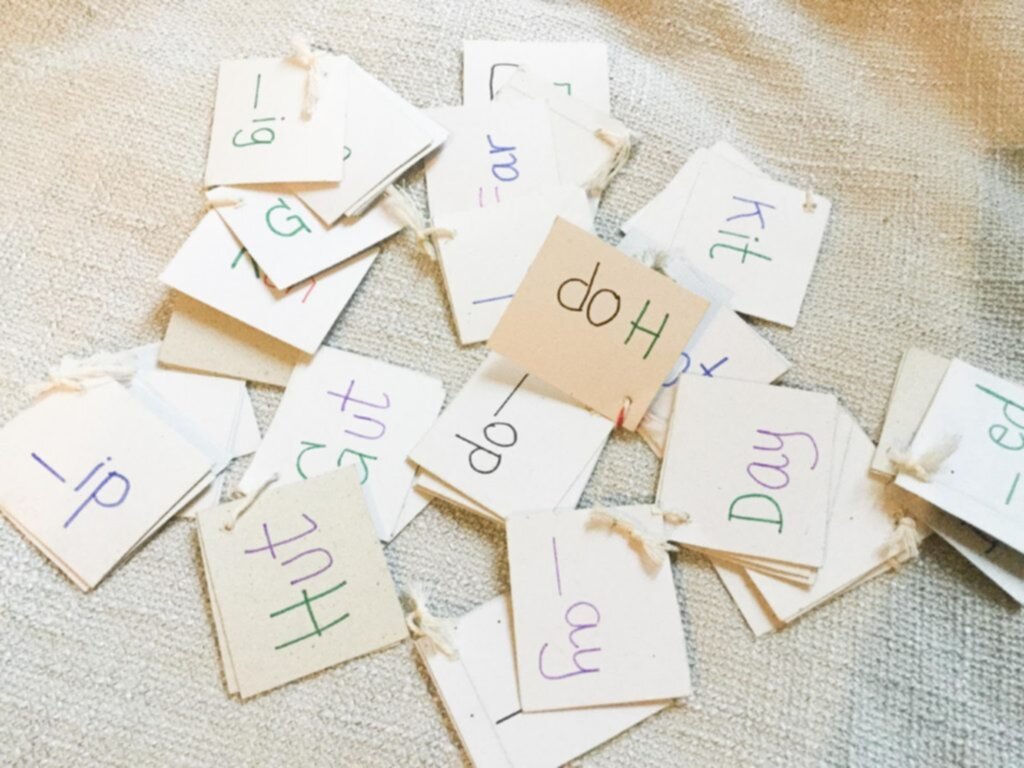
ESL newcomers are one of the fastest growing segments of students in the United States’ public school system. For that reason, as educators and school officials, it is important that we help newcomers adjust to ESL instruction. Helping ESL students with phonics, as well as other literacy and language skills better prepares them for school and life. Take a look at some tips on how we can help entry-level ESL newcomers.
Combat Culture-Shock
One of the first things any teacher or school administrator should do is combat culture shock. Newcomers tend to have high hopes and excitement for learning a new language and living in a new country. However, that quickly turns into frustration or shock of trying to adjust to a new culture. It is important to provide newcomer students with information regarding their new home and the prevalent culture. Students that have an understanding of their new surroundings and cultural norms stand a better chance at smoothly adjusting to their new home and learning a new language and new cultural norms.
Use Workbooks
Workbooks are a great tool that can easily be used in the classroom and at home. Some of the best workbooks feature built-in Spanish translations, that way parents and children can learn together. Lectura Books offers phonics workbooks under the name Family Phonics™. This workbook trio is for parents and children of all ages, and it helps them gain stronger English vocabulary and pronunciation skills. The series consists of three books, featuring three levels of phonics instruction.
Show & Tell Sessions
Show & Tell sessions are an excellent way to help newcomers in entry level ESL classes feel that their culture, background, and native language are just as important and valuable as the new language and cultural norms they are learning. This helps newcomer students be more open and receptive to learning. ESL students can share traditions, songs, or even foods from their native country. Allow them to speak in both English and their native language, so that they can express themselves fully. This exercises
